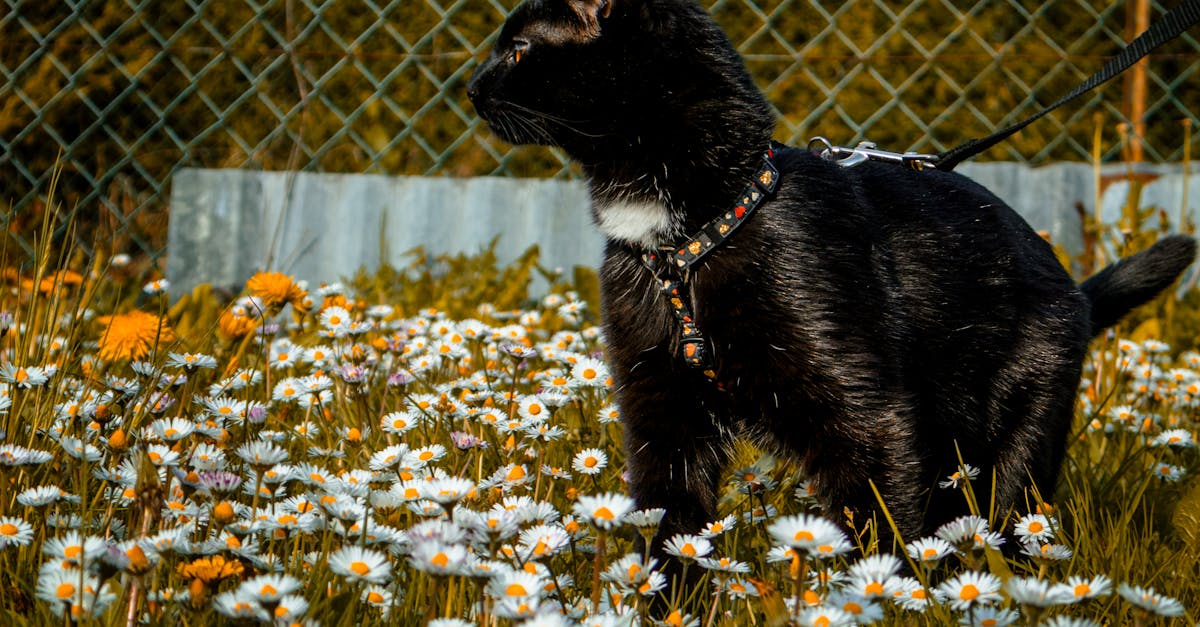Did you know that cats can contract certain strains of coronavirus? While the topic of coronavirus is often associated with humans, it’s important for cat owners to understand how this virus can affect their feline companions. From symptoms to prevention, here’s everything you need to know about coronavirus in cats to keep your furry friend healthy and happy.
🐾 What Is Feline Coronavirus?
Feline coronavirus (FCoV) is a common virus in cats that primarily affects the gastrointestinal system. It is different from the coronavirus that causes COVID-19 in humans, although both belong to the larger coronavirus family. FCoV is typically mild, but in some cases, it can lead to a more severe condition known as feline infectious peritonitis (FIP).
FCoV is highly contagious among cats, especially in multi-cat households, shelters, or catteries. The virus spreads through feces, meaning cats can contract it by sharing litter boxes or grooming one another. While most cats with FCoV show no symptoms, some may experience mild digestive upset.
🐱 Symptoms of Feline Coronavirus
Many cats infected with FCoV show no outward symptoms. However, for those that do, the symptoms can vary depending on the severity of the infection. Here are some signs to watch for:
- Diarrhea or loose stools
- Vomiting
- Lethargy
- Loss of appetite
- Mild fever
In rare cases, FCoV can mutate into the more dangerous feline infectious peritonitis (FIP). The symptoms of FIP are more severe and may include:
- Persistent fever
- Weight loss
- Abdominal swelling due to fluid accumulation
- Difficulty breathing
- Neurological symptoms like tremors or seizures
If your cat exhibits any of these symptoms, it’s crucial to contact your veterinarian for an evaluation.
🔍 How Is Feline Coronavirus Diagnosed?
Diagnosing FCoV can be challenging because many infected cats show no symptoms. If your cat is unwell and FCoV is suspected, your veterinarian may recommend tests such as:
- Fecal testing to detect the virus
- Blood tests to check for abnormalities
- Ultrasound or X-rays if FIP is suspected
While a positive test confirms the presence of FCoV, it does not necessarily mean your cat will develop FIP. Many cats with FCoV live normal, healthy lives without complications.
🛡️ Preventing Feline Coronavirus
Prevention is key to protecting your cat from FCoV. Here are some practical steps you can take to reduce the risk:
- Keep litter boxes clean and disinfected regularly
- Provide separate litter boxes for each cat in multi-cat households
- Minimize stress in your cat’s environment, as stress can weaken the immune system
- Ensure your cat has a healthy diet and regular veterinary check-ups
- Quarantine new cats before introducing them to your household
While there is no vaccine for FCoV, good hygiene and a low-stress environment can significantly reduce the likelihood of infection.
👩⚕️ What to Do if Your Cat Has Coronavirus
If your cat tests positive for FCoV but shows no symptoms, your veterinarian may recommend monitoring them rather than immediate treatment. For cats with mild symptoms, supportive care such as hydration and a bland diet can help them recover.
In cases where FIP develops, the prognosis is more serious. However, recent advances in veterinary medicine have shown promise with antiviral medications like GS-441524, which may improve outcomes for some cats with FIP. Talk to your veterinarian about the best course of action for your cat.
FAQs
Can humans catch coronavirus from cats?
No, feline coronavirus (FCoV) is species-specific and does not infect humans. It is different from the coronavirus that causes COVID-19 in people.
Is Feline Coronavirus the same as FIP?
FCoV and FIP are related but not the same. FIP is a rare, severe condition caused by a mutated form of FCoV.
Can FCoV be cured?
There is no specific cure for FCoV, but most cats recover on their own. Treatment focuses on managing symptoms and preventing complications.
How common is FCoV in cats?
According to studies, FCoV is very common, especially in multi-cat environments, with up to 90% of cats in catteries exposed to the virus (source).
References
- PetMD – Feline Infectious Peritonitis (FIP)
- ASPCA – Common Cat Health Problems
- CDC – COVID-19 and Animals
Book a $49 online vet consultation at https://www.dialavet.com for fast, expert advice.























